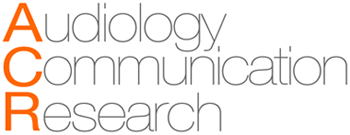ABSTRACT
Introduction
The incidence of disorders the Central Nervous System (CNS) in HIV-infected may range from 30 to 90% in pediatric patients, with age, intensity and immunological impairment being important factors.
Purpose
Evaluate reading and writing of children with HIV and compare with the phonological development and with clinical markers and immunovirological of AIDS.
Methods
This is a longitudinal study in which 26 children, 12 boys and 14 girls, who had acquired HIV infection by vertical transmission, were assessed regarding the phonological aspects of oral language and reassessed five years later regarding the phonological aspects, and reading and writing skills. The data obtained were assessed according clinical staging of AIDS, viral load and CD4 count, at the two time points.
Results
There is a relationship between the phonological development and the academic performance in reading and writing of children with HIV and we did not detect relation between the phonological aspects and assessed regarding reading and writing skills with clinical staging and to the immunovirological markers of AIDS.
Conclusion
HIV-infected children represent a risk group for alterations of oral and written language that do not depend of the severity and clinical picture or the immunovirological profile of AIDS. Moreover, observed relationship between changes in phonological development and further development of reading and writing corroborates the hypothesis of phonological deficit as one of the causes of difficulties in the literacy process.
HIV; Acquired Immunodeficiency Syndrome; Child; Language; Speech, Language and Hearing Sciences
